Gain a deeper understanding of aluminum extrusion and discover where to source this versatile material. This comprehensive guide explores the fundamentals of the aluminum extrusion process, explaining what it is, how it works, and the unique advantages it offers. Learn about the diverse range of applications, from architectural elements to automotive components, and the various alloy options available. Uncover the key factors to consider when purchasing aluminum extrusion products, including sourcing from reputable manufacturers and suppliers. Whether you’re an industry professional or a curious consumer, this guide provides valuable insights to help you leverage the power of aluminum extrusion for your projects and needs.
Aluminum extrusion is a versatile and efficient manufacturing process that allows for the creation of a wide range of complex, customized aluminum profiles and shapes. At the heart of the process is a cylindrical block of aluminum alloy, known as a billet, which is preheated to a high temperature, typically between 400 and 500 degrees Celsius. This heating process softens the metal, making it more malleable and easier to shape.
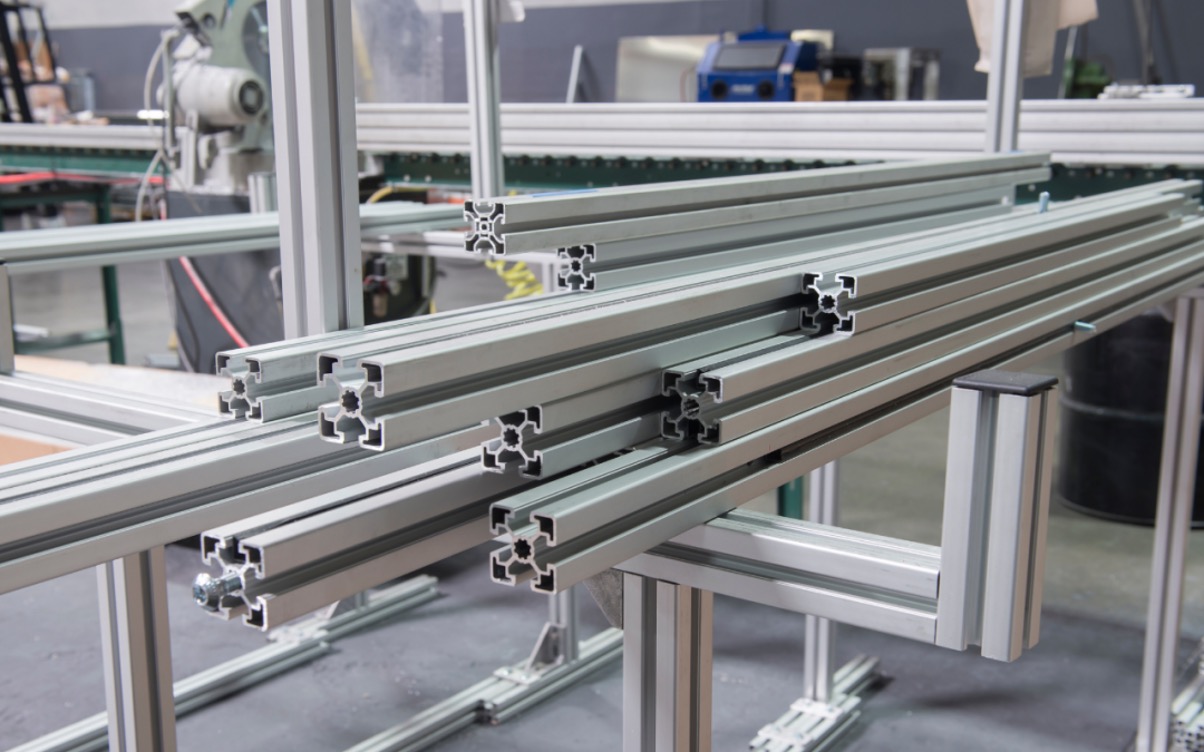
The preheated billet is then forced through a specialized steel die, which has been designed and engineered to impart a specific cross-sectional profile onto the aluminum. This die, with its intricate and precise shape, acts as the template, defining the final form of the extruded aluminum. A powerful hydraulic or mechanical press applies the necessary force to push the softened billet through the die, shaping the metal and creating a continuous length of the desired profile.
After the extrusion process, the newly formed aluminum profile is quickly cooled and then cut to the required lengths using saws or other specialized cutting tools. Depending on the intended application, the extruded aluminum may undergo additional post-processing steps, such as anodizing, painting, or thermal treatment, to enhance its properties and appearance.
The versatility of the aluminum extrusion process is a key factor in its widespread adoption across a variety of industries, including construction, transportation, and consumer goods. By allowing for the cost-effective production of complex, customized shapes and profiles, aluminum extrusion has become an indispensable manufacturing technique, enabling designers and engineers to push the boundaries of what is possible with this versatile and adaptable material.
Aluminum extrusion profiles can be customized to an extensive degree, allowing engineers and designers to specify intricate shapes and cross-sections tailored to their precise application needs. The versatility of the extrusion process stems from the ability to design specialized steel dies that impart the desired profile onto the extruded aluminum.
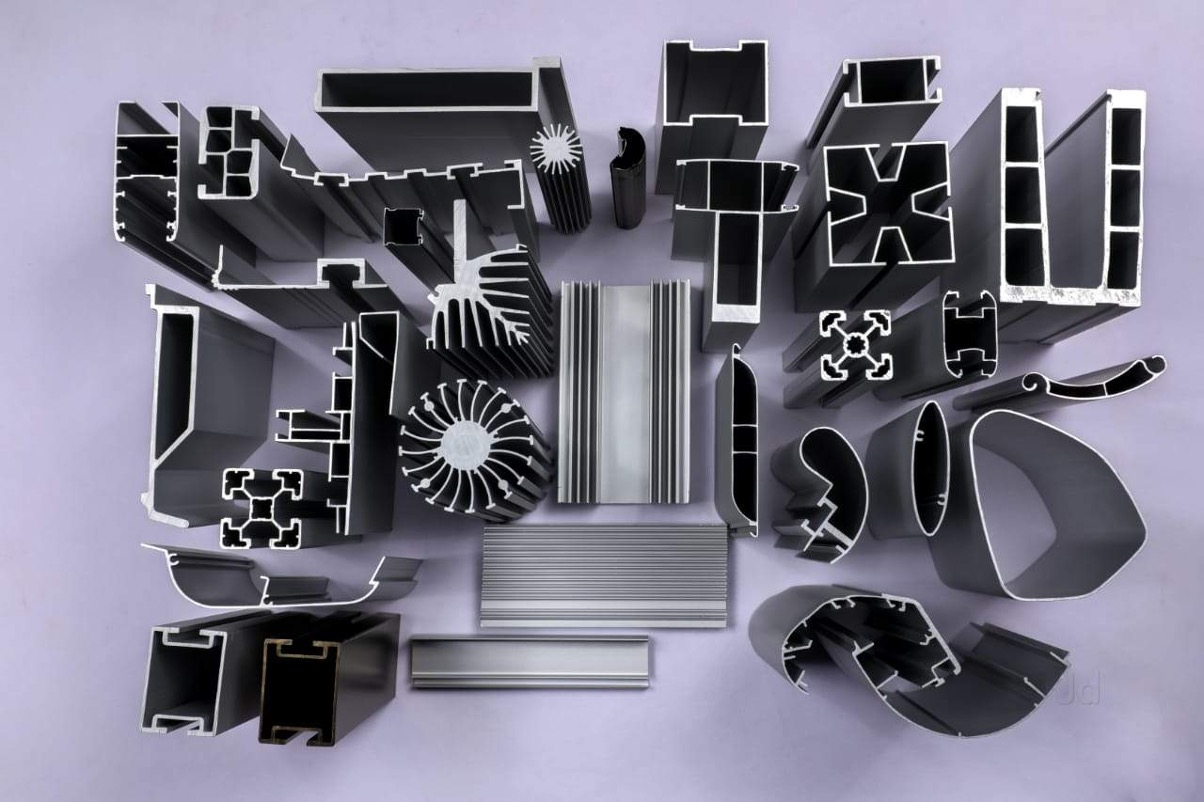
Some of the most common aluminum extrusion profile types include:
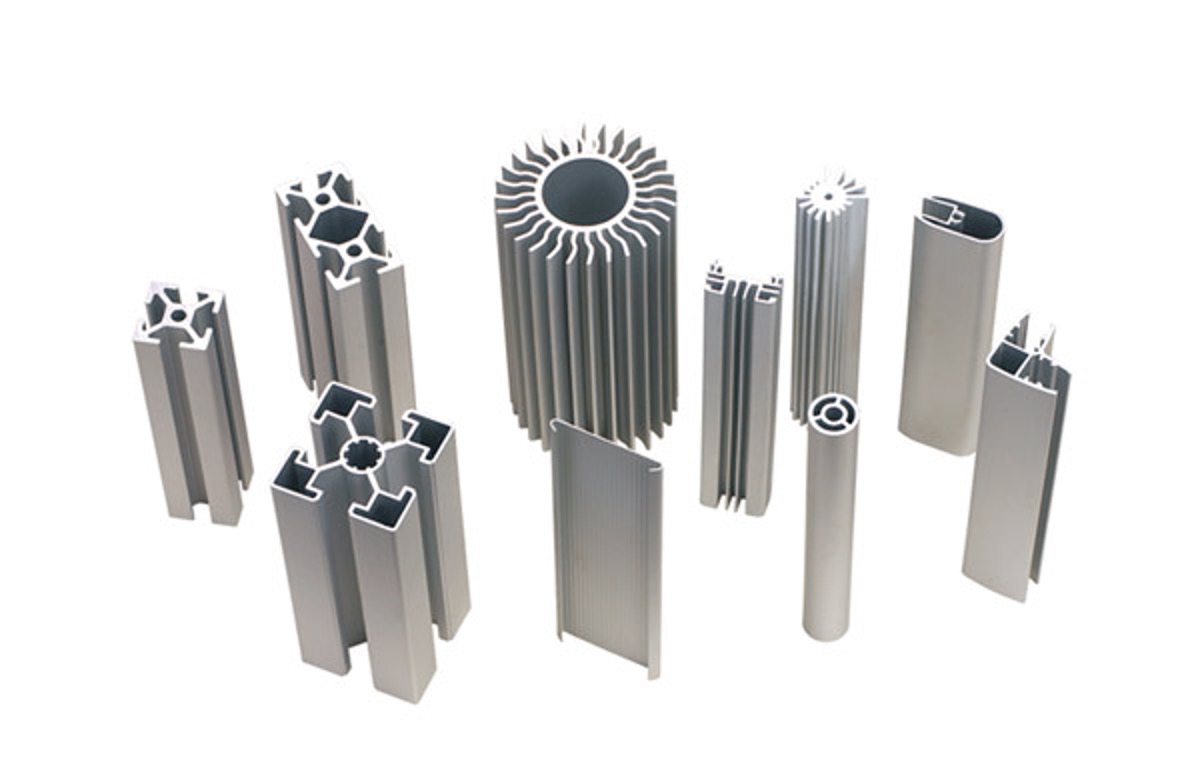
The extrusion process also allows for the creation of asymmetrical and multi-cavity profiles, further expanding the design possibilities. Additionally, post-processing techniques like anodizing, painting, and thermal treatments can be applied to the extruded profiles to enhance their appearance, corrosion resistance, and other physical properties.
Aluminum extrusion tubing, also known as aluminum hollow profiles, is a popular product among manufacturers and designers. Here are some key details about aluminum extrusion tubing:
Aluminum extrusion tubing features hollow, tubular cross-sections, which provide high strength-to-weight ratios compared to solid profiles.
Common hollow shapes include round, square, rectangular, oval, and other specialized geometries.
Aluminum extrusion tubing is used across various industries, including construction, transportation, machinery, furniture, and consumer products.
Applications include structural members, enclosures, heat sinks, hydraulic/pneumatic components, and more.
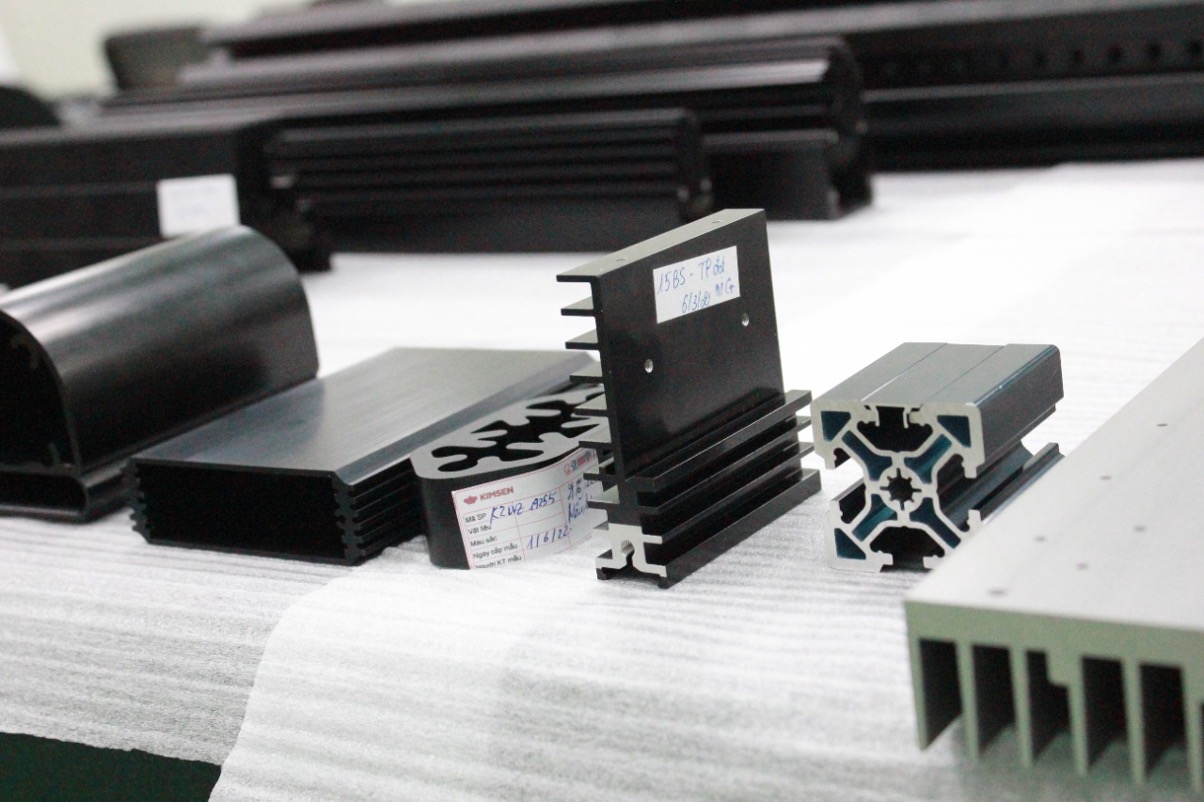
The extrusion process allows for the creation of complex, custom-engineered tube designs with features like internal chambers, fins, grooves, and varied wall thicknesses.
This design flexibility enables tubing to be optimized for specific functional requirements.
Aluminum extrusion tubing can undergo various finishing processes, such as anodizing, painting, and thermal treatments, to enhance the surface properties and appearance.
Aluminum tubing is typically produced using common alloys like 6063, 6061, and 5052, each with unique mechanical and corrosion-resistant properties.
Aluminum extrusion products are available in a variety of alloy compositions, each with its own set of characteristics and applications. Some of the most prevalent aluminum extrusion alloys are:
A heat-treatable, medium-strength alloy known for its excellent corrosion resistance and anodizing properties.
Frequently used in architectural applications like as doors, windows, and curtain walls.
A heat-treatable, high-strength alloy with good corrosion resistance and weldability.
Widely used in structural applications, transportation, machinery, and consumer goods.
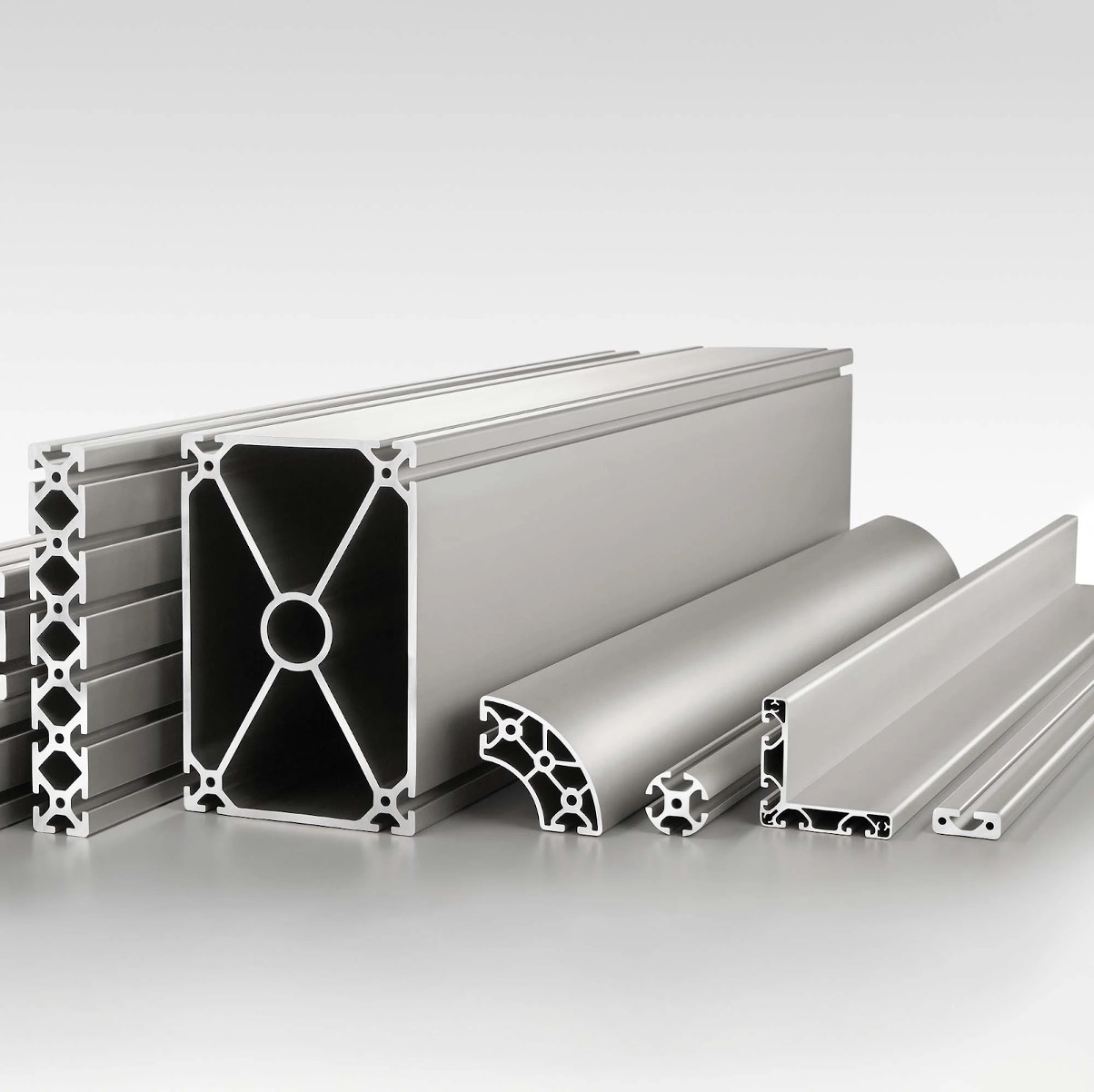
A non-heat-treatable, medium-strength alloy with excellent corrosion resistance, particularly in marine environments.
Commonly used in applications requiring high strength-to-weight ratios, such as boat hulls and automotive components.
A heat-treatable, high-strength alloy with good fatigue resistance and machinability.
Often used in aerospace, defense, and high-performance automotive applications.
A heat-treatable, high-strength alloy with good fatigue resistance and damage tolerance.
Frequently used in aerospace and other applications requiring high strength-to-weight ratios.
There are various possibilities for buying aluminum extrusion products:
Major aluminum extrusion manufacturers, such as Hydro, Alcoa, Novelis, and Constellium, often have dedicated sales teams and online portals to facilitate direct sales to end-users and OEMs.
Advantages of direct purchasing include access to the latest product innovations, custom aluminum extrusion sizes & types, and engineering support, and potentially more favorable pricing for high-volume orders.
Manufacturers may also offer value-added services like cutting, fabrication, and finishing to meet customer needs.
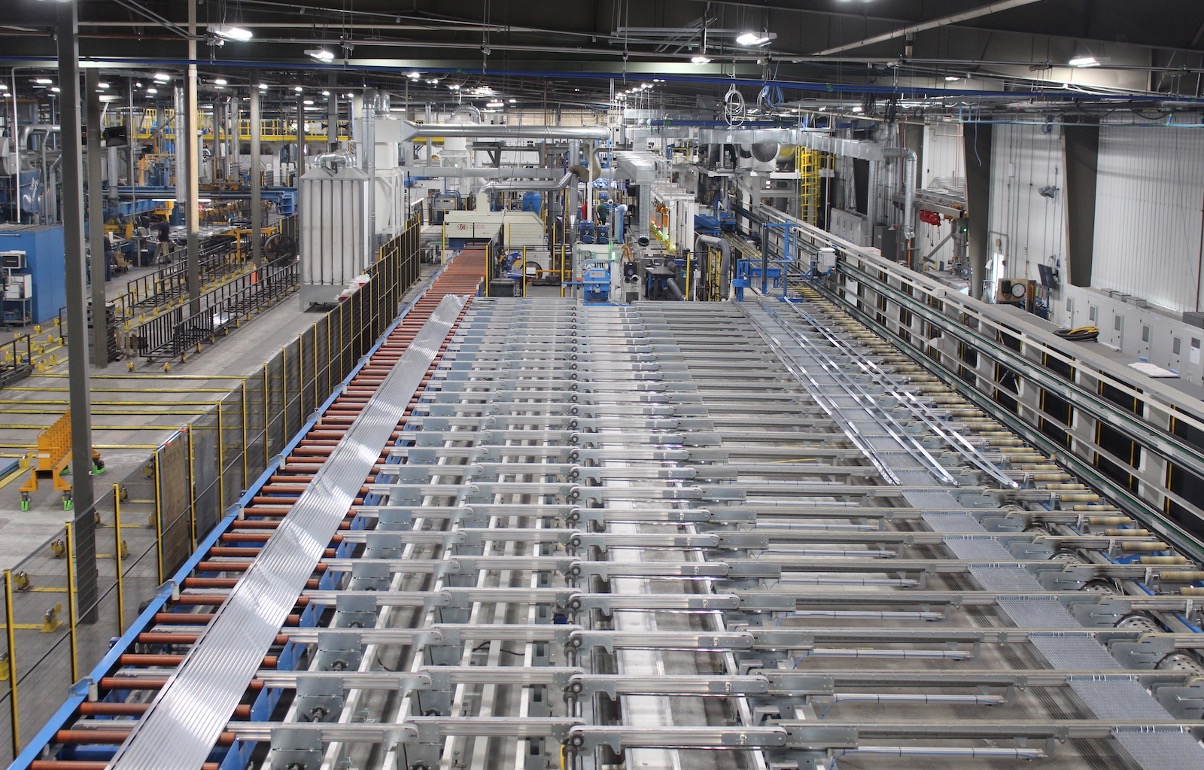
Independent aluminum suppliers and service centers maintain large inventories of standard extrusion profiles and lengths, making them a convenient source for smaller, off-the-shelf orders.
Suppliers often have the capability to perform value-added processing, such as cutting, drilling, tapping, and anodizing, to deliver finished components.
Regional and local suppliers can provide responsive service and shorter lead times for customers within their geographic area.
E-commerce platforms like Alibaba, AliExpress, and others connect global buyers with a wide network of aluminum extrusion suppliers, including manufacturers and trading companies.
These marketplaces offer a broad selection of standard and custom extrusion profiles, along with the ability to source small quantities or large production runs.
When purchasing through online marketplaces, it’s important to carefully vet suppliers, review quality and compliance credentials, and establish clear communication and logistics processes.
Smaller, regional metal service centers and suppliers may carry aluminum extrusion products, often focusing on serving local and regional customers.
Engaging with local suppliers can provide advantages in terms of faster delivery, personalized service, and the ability to develop close working relationships.
Local suppliers may also be more flexible in accommodating smaller order quantities or custom requirements.
However, its drawback is that the sizes and types of aluminum extrusion will be less diverse than those listed above.
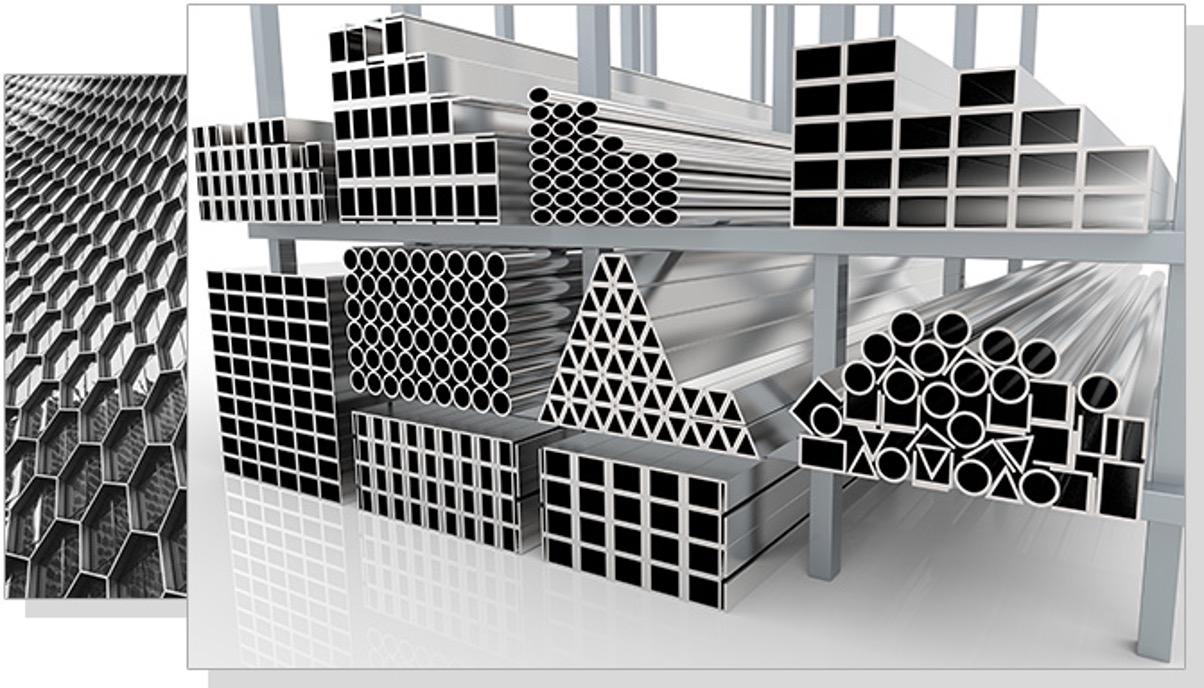
Regardless of the purchasing channel, it’s essential to work closely with the supplier to ensure the aluminum extrusion products meet the desired specifications, quality standards, and delivery timelines. Developing a collaborative relationship with a trusted extrusion supplier can be beneficial for many customers.
As you’ve discovered through this comprehensive guide, aluminum extrusion is a versatile and innovative manufacturing process that has revolutionized the way we design and construct a wide range of products. By understanding the fundamentals of aluminum extrusion, including the various alloy options and the unique advantages it offers, you can make informed decisions when sourcing this material for your projects. Whether you’re looking to purchase aluminum extrusion components from reputable manufacturers or explore the endless possibilities of this technology, this guide has provided you with the knowledge and resources to do so effectively. Embrace the power of aluminum extrusion and unlock new opportunities for your business or personal endeavors.
EXPLORE MORE
Address
Website: https://stavianmetal.com
Email: info@stavianmetal.com
